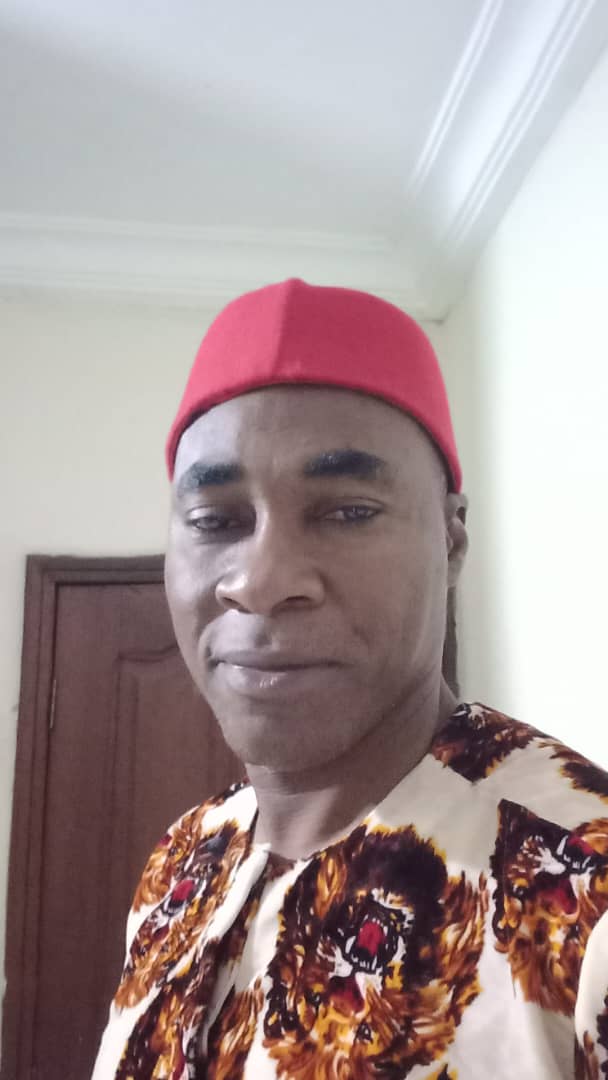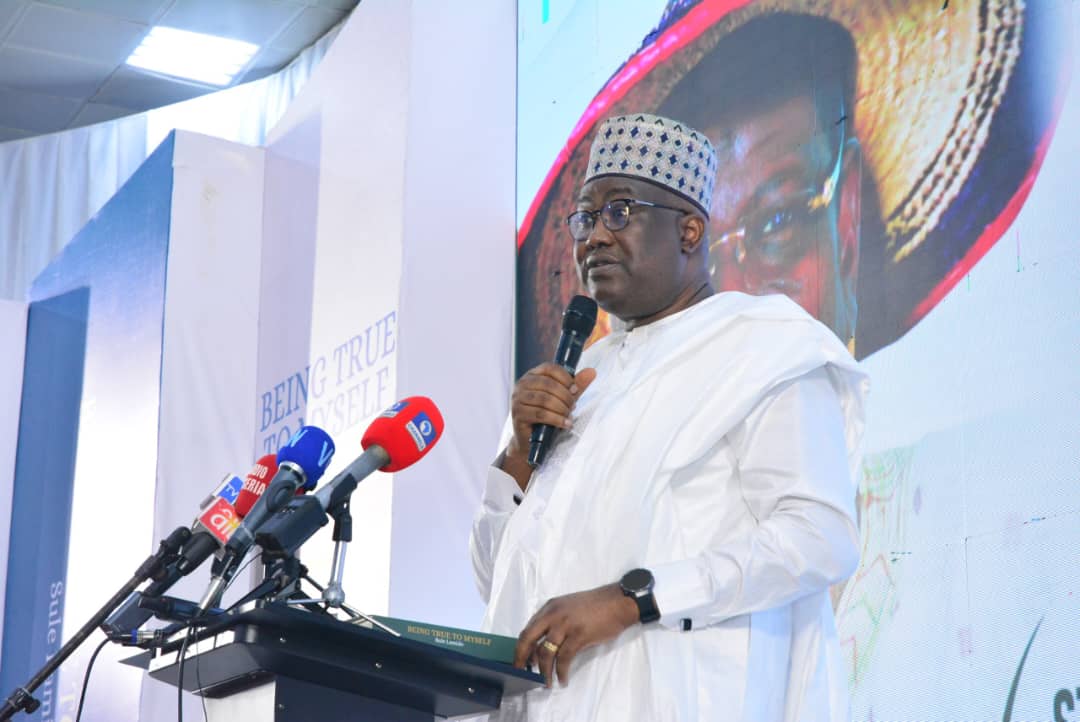Igbonine Great People’s Assembly Condemns Demolitions Of Properties At Trade Fair Complex
Posted on September 27, 2025
KINGSLEY EBERE

Igbonine Great People’s Assembly has condemned the demolition of several buildings at the Trade Fair Complex and described the action as targeted to a particular tribe by the government in Lagos State.
P.M.EXPRESS reports as was contained in a statement released to the press by the National President of the association, Dr Ugochukwu Nnajiofor, over the recent demolition at the complex, which affected many buildings worth billions of Naira.
The statement highlighted the complex interplay of economic interests, ethnic tensions, and governances within Nigeria.
“While the Assembly’s strong language underscores the perceived injustice and potential marginalization of the Igbo community, a deeper analysis reveals a multifaceted situation demanding nuanced understanding.”
“This article will explore the underlying issues driving the Assembly’s condemnation, examining the perspectives of both the Igbo traders and the Lagos State Government, and considering the broader implications for inter-ethnic relations and economic development in Nigeria.”
“The Igbonine Great People’s Assembly’s outrage is rooted in the economic vulnerability of the affected Igbo traders. For many, their businesses at the Trade Fair complex represent their livelihoods and a significant investment of capital. The sudden demolition, without adequate notice or compensation, threatens their financial stability and disrupts their ability to provide for their families.”
“This perceived economic assault resonates deeply within the Igbo community, where entrepreneurship and trade are highly valued. The Assembly’s condemnation therefore, acts as a defence of these economic interests and a challenge to a government action perceived as detrimental to the Igbo community’s prosperity.”
“Furthermore, the Assembly likely views the demolition within the context of historical grievances and perceived marginalization of the Igbo people within the Nigerian state. Past experiences of discrimination and economic disadvantage fuel a sense of vulnerability and suspicion, leading to a heightened sensitivity to any action that appears to target Igbo businesses or interests.”
“However, understanding the Lagos State Government’s perspective is crucial for a balanced analysis. The government likely justifies demolition based on urban planning regulations, safety concerns, or the need for redevelopment. Trade Fair complexes often face challenges related to overcrowding, inadequate infrastructure, and non-compliance with building codes.”
“The government may argue that the demolition was necessary to address these issues and create a more organized and sustainable trading environment. Furthermore, the government might emphasize that the demolition was not specifically targeted at Igbo traders but was a general enforcement of regulations affecting all occupants of the Trade Fair complex, regardless of their ethnicity. This perspective underscores the importance of due process and adherence to the rule of law in urban development.”
“Despite the government’s potential justifications, the manner in which the demolition was carried out is a critical point of contention.”
“The Igbonine Great People’s Assembly’s condemnation likely stems from a lack of transparency, inadequate consultation with the affected traders, and insufficient compensation for their losses. A more inclusive and participatory approach involving dialogue with the traders and providing reasonable alternatives could have mitigated the outrage and fostered a more constructive outcome. The absence of such engagement fuels suspicion and reinforces the perception of injustice, exacerbating ethnic tensions, and undermining trust in the government.”
“In conclusion, the Igbonine Great People’s Assembly’s condemnation of the demolition of Igbo properties at the Trade Fair complex reflects a complex interplay of economic concerns, historical grievances, and governance challenges. While the Lagos State government may have legitimate reasons for the demolition, the lack of transparency and consultation has fueled resentment and reinforced perceptions of marginalization within the Igbo community. Addressing this situation requires a commitment to inclusive governance, equitable economic policies, and a willingness to engage in open dialogue to bridge ethnic divides and foster a more just and prosperous society for all Nigerians Only through such efforts” the group stated.
Categorised as : News
3 Comments »
Related posts















igbonine, I thank you all,I pray that we will be one
igbonine we need more love,in the Igbo land,
killing is too much in lgbo land,we need peace good government
Ngo we are working on all your observations
Come and join us